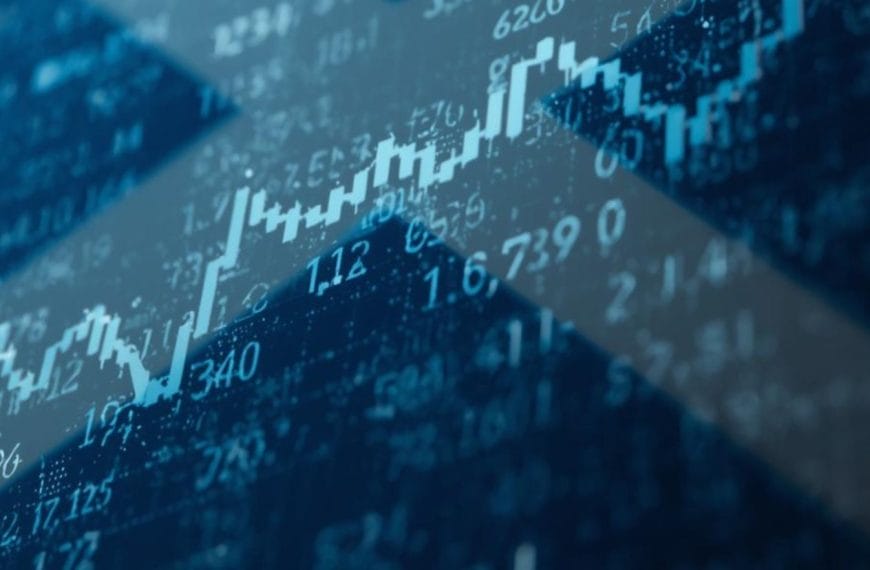As governments tighten environmental rules across the UK and the EU, sustainability has become a core strategy for long-term success. Adding to the sustainability push is also the fact that customers increasingly choose brands that prove their impact and that have built-in long-term strategies in place. This sustainability drive spans all sectors, affecting small firms from food and hospitality to luxury and femtech alike.
Research shows that integrating sustainability into SME strategies drives cost savings, market growth, and greater resilience. Evidence also points to clear advantages for early adopters. Circular economy models and new technologies are fast becoming sources of competitive advantage for SMEs.
Yet challenges and rapid change mean many small firms still need targeted support to move forward. SMEs must now anticipate how these shifts will affect their supply chains and reporting requirements. An eco-smart strategy aligns with these forces and drives growth. It builds trust, ensures compliance with regulations, and inspires innovation.
This guide explores how SMEs can move beyond carbon pledges. It outlines how to build sustainable, profitable business models grounded in circularity, reinvestment, and long-term value.
The Sustainability Imperative for SMEs
Climate pressures and resource risks are reshaping business fundamentals. The UK aims for net zero by 2050, and the EU Green Deal raises the bar for anyone selling into Europe. Both have set interim milestones, which means SMEs face growing pressure to keep pace with these changes.
On the customer side, buyers now expect verified action rather than slogans. Clear credentials help SMEs qualify for green programmes and strengthen brand perception. Today’s consumers increasingly favour responsible brands, and many are willing to pay a fair premium. Sustainability builds trust when claims are supported by data. In turn, this drives growth, opens new markets, and deepens customer loyalty.
In business terms, sustainability reduces costs and builds lasting resilience. Simple upgrades can repay investment quickly and improve margins each year. Greater efficiency protects firms from material, energy, and logistics price shocks. It also frees up capital for growth and innovation. Streamlined operations reduce lead times, enhance cash flow, and boost competitiveness. Over time, efficient firms become more agile, adapting faster to shifting market and regulatory demands.
Turning Green Credentials into a Market Differentiator
Green credentials can be your signature in crowded markets. For example, luxury microbrands can unite craftsmanship with zero-waste design, and food and drink firms can convert surplus into value-added products. Hospitality businesses can attract guests with credible, visible and eco-friendly practices.
Tell the story with numbers, not adjectives and explain the design choices and the outcomes for people and planet. Honest detail builds credibility around pricing and fosters long-term loyalty. Employees become ambassadors when they see real impact. Company culture strengthens when purpose is part of daily work.
Practical Implementation Steps for SMEs – Begin with a simple assessment of energy, materials, and waste. Often, these tools are free and help businesses set realistic goals and timelines, as well as baselines and targets. Prioritise low-cost actions with quick returns to build momentum and track results each quarter to have measurable and actionable data. For startups, embed sustainable design at the prototype stage. Small actions compound into significant change over months and years.
Embracing the Circular Economy – The circular economy keeps resources in productive use for longer. Products are designed for durability, repair, and end-of-life recovery and, where possible, waste impact is mitigated. Explore reuse, refill, and product-as-a-service models and find local partners that can boost your supply chain. Circular models cut material costs and reduce disposal fees, and in doing this, they incentivise innovation and deepen customer trust.
Leveraging Technology Innovations – Digital tools can accelerate progress at modest cost. Innovation has led to the adoption of smart meters and sensors that cut wasted energy in real time. More nascent technologies, such as AI and blockchain, can reduce material waste and strengthen sourcing for various sectors, from food and drink to luxury brands. Starting with test cases and pilot schemes helps gather data and set out a strategy. From here, small business can prove their value and then scale up.
Aligning with Regulations and Customer Expectations – Regulations will keep tightening through the decade. The UK and EU are expanding disclosures and supply chain duties. Even firms not directly targeted by new regulations feel their effects cascading through supply chains. Early action helps avoid costly, last-minute retrofits and operational disruptions. Treat compliance as a baseline and a brand strength. Customers punish greenwashing and reward transparent progress, as the goal is to build sincere trust that withstands scrutiny.
Measuring and Reporting Impact – Measurement protects credibility and informs decisions. Track metrics such as carbon intensity, resource use, and waste diversion to capture consistent and clear data over time. Good data attracts investors and reassures corporate buyers, while paving the way for more sustainable practices.

Addressing Costs and Funding Opportunities
The upfront cost remains the most common barrier to small firms adopting sustainable practices. The key is to start small and focus on actions that repay within twelve months, freeing capital for future investment. Partnerships can share costs, accelerate learning, and open access to shared expertise.
Treat reporting as a learning loop rather than a burden. Tracking progress improves decision-making, clarifies returns, and builds credibility with lenders and investors. Clear data reduces perceived risk, making it easier to access finance and attract support.
Funding options for SMEs are expanding with grants, loans, and equity instruments that can be combined to match each stage of your roadmap. UK and EU programmes offer support for energy efficiency, innovation, and circular design. Many banks now provide green loans or preferential terms for firms that demonstrate a measurable impact.
Turning Sustainability into Strategy
The decade ahead will reshape what it means to run a successful small business. Stricter reporting requirements, deeper supply chain audits, and rising customer expectations will make sustainability essential. Circular design will shift from niche to norm, while AI and digital tools will streamline logistics, materials planning, and impact tracking. Nature-positive actions will gain traction, especially in urban and hospitality settings. Early adopters will lead by securing contracts, pricing power, and investor confidence. Those who delay risk higher costs and reduced market access.
Building an eco-smart business is no longer just ethical; it is strategic. It drives better design, smarter resource use, and stronger brand loyalty. It lowers operating costs, unlocks funding, and builds resilience. The key is to start small, focus on quick wins, and reinvest the gains. Treat reporting as a learning loop, not a burden. Publish clear, consistent updates to build trust with buyers, lenders, and partners.
Whether you’re in sustainable hospitality, responsible luxury, femtech, or food and drink, the opportunity is clear. Align with emerging norms, measure what matters, and turn sustainability into a growth engine. That is how UK SMEs thrive at home and abroad.
👉 For sharper insights, strategic analysis, and forward-looking commentary on SME growth and green innovation, follow NorthStar and The Pulse — your trusted sources for navigating sustainability, funding, and competitive advantage in a changing business landscape.




